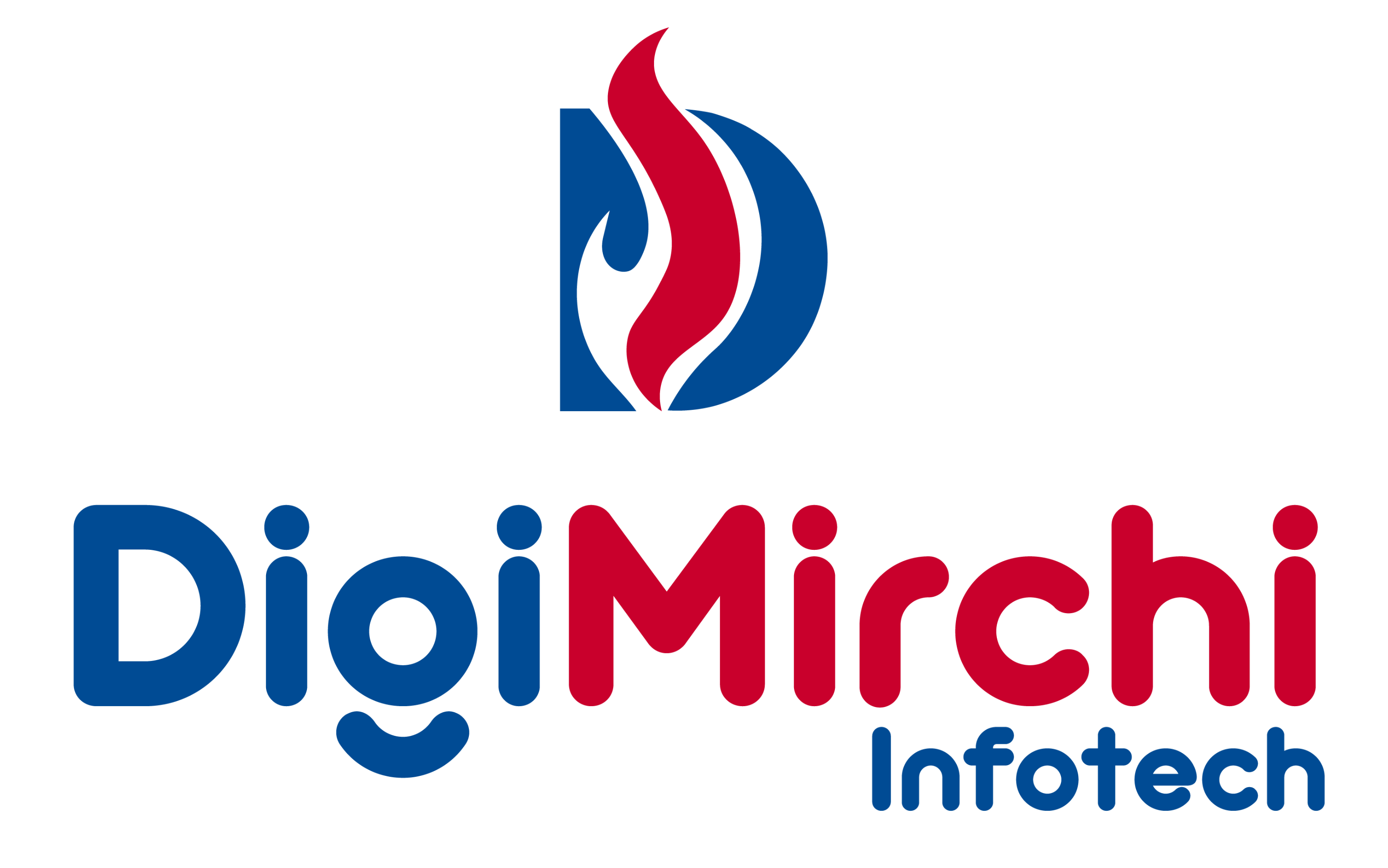Building a Connected Business Ecosystem
In today's digital business environment, no single system operates in isolation. Organizations rely on specialized applications for e-commerce, payment processing, marketing automation, logistics, and countless other functions. Odoo's strength lies not just in its comprehensive feature set, but in its ability to integrate seamlessly with third-party applications, creating a unified, efficient business ecosystem.
This guide explores the various methods of integrating Odoo with external applications, best practices for implementation, and strategies for maintaining reliable, scalable integrations that drive business value.
Understanding Integration Options
REST API Integration: Odoo provides robust RESTful APIs that enable external applications to interact with Odoo data and functionality. The JSON-RPC and XML-RPC protocols allow authenticated access to all Odoo models and methods. This approach offers maximum flexibility, enabling custom integrations tailored to specific business requirements. RESTful APIs are ideal for real-time data synchronization and event-driven workflows.
Odoo Connector Framework: The Odoo Connector framework provides a structured approach to building integrations. It offers features like job queuing, error handling, retry mechanisms, and checkpoint management. This framework is particularly valuable for complex integrations requiring robust error recovery and asynchronous processing, such as e-commerce platform synchronization or multi-system data orchestration.
Pre-built Marketplace Modules: Odoo's extensive app marketplace offers thousands of pre-built integrations with popular platforms like Shopify, WooCommerce, Amazon, PayPal, Stripe, and major shipping carriers. These ready-made connectors provide tested, maintained integration solutions that significantly reduce implementation time and cost. Always evaluate marketplace options before building custom integrations.
E-commerce Platform Integration
Real-time Product Synchronization: Integrating Odoo with e-commerce platforms enables automatic synchronization of product catalogs, inventory levels, pricing, and product descriptions. Implement bidirectional sync to ensure consistency across all sales channels. Use webhooks for real-time updates rather than scheduled polling to minimize data discrepancies and improve customer experience.
Order Management Flow: Design integration workflows that automatically create Odoo sales orders from e-commerce transactions. Map customer information, line items, shipping details, and payment data accurately. Implement order status synchronization so customers receive timely updates through the e-commerce platform while fulfillment teams work efficiently in Odoo.
Payment Gateway Integration
Secure Payment Processing: Integrate payment gateways like Stripe, PayPal, or Authorize.net to process transactions securely. Odoo's payment acquirer framework simplifies integration while maintaining PCI compliance standards. Implement proper tokenization for recurring payments and store payment methods securely for customer convenience.
Automated Reconciliation: Configure integration to automatically reconcile payments with invoices in Odoo. This automation reduces manual accounting work, minimizes errors, and provides real-time visibility into cash flow. Implement proper error handling for payment failures and partial payments to maintain accurate financial records.
Shipping and Logistics Integration
Multi-carrier Shipping: Integrate with shipping carriers like FedEx, UPS, DHL, and regional carriers to provide real-time shipping rates, generate labels, and track shipments. Enable customers to select preferred carriers at checkout while automatically updating Odoo with tracking information. This integration streamlines fulfillment operations and enhances customer satisfaction.
Warehouse Management Systems: For organizations using specialized WMS solutions, integrate with Odoo for synchronized inventory management. Design data flows that update stock levels, locations, and movements across systems. Implement proper exception handling for scenarios like stock discrepancies or location conflicts.
CRM and Marketing Automation
Email Marketing Platforms: Connect Odoo with platforms like Mailchimp, SendGrid, or ActiveCampaign to synchronize contact lists and track campaign performance. Design segmentation rules that automatically create targeted lists based on Odoo customer data, purchase history, or engagement metrics. Sync campaign results back to Odoo for comprehensive customer insights.
Lead Management Integration: Integrate lead generation tools and advertising platforms with Odoo CRM. Automatically create leads from website forms, social media ads, or chatbot interactions. Implement lead scoring and routing rules to ensure qualified leads reach the right sales representatives promptly.
Integration Best Practices
Data Mapping and Transformation: Carefully map data fields between Odoo and external systems. Consider data types, validation rules, and business logic requirements. Implement transformation logic to handle format differences, unit conversions, or data enrichment. Document all mapping decisions thoroughly for maintenance and troubleshooting.
Error Handling and Monitoring: Design robust error handling mechanisms that log issues, notify administrators, and provide clear error messages. Implement retry logic for transient failures but recognize when manual intervention is needed. Use monitoring tools to track integration health, performance metrics, and success rates.
Security and Authentication: Secure all integrations with proper authentication methods like OAuth 2.0, API keys, or JWT tokens. Implement the principle of least privilege, granting integrations only the access they require. Regularly rotate credentials and audit access logs for suspicious activity. Encrypt sensitive data both in transit and at rest.
Performance and Scalability
Optimize Data Transfer: Minimize payload sizes by requesting only necessary fields. Implement pagination for large dataset synchronization. Use bulk operations where possible rather than individual record processing. Consider data compression for bandwidth-constrained environments.
Asynchronous Processing: Use job queues and background workers for time-consuming integrations. This approach prevents timeout issues and improves user experience. Implement proper job management with status tracking, retry mechanisms, and graceful failure handling.
Expert Integration Services
Successful integration requires technical expertise, business process understanding, and careful planning. At DigiMirchi Infotech, our integration specialists design and implement seamless connections between Odoo and your critical business applications. We ensure data consistency, system reliability, and optimal performance.
Whether you need marketplace connector configuration, custom API integration, or complete ecosystem orchestration, our team delivers solutions that enhance operational efficiency and enable data-driven decision making. Contact us to discuss how we can connect your business systems effectively with Odoo ERP.







